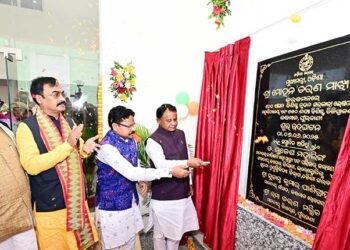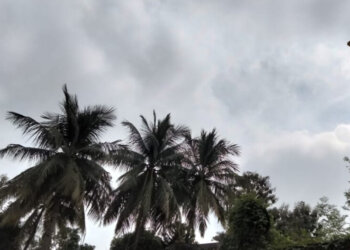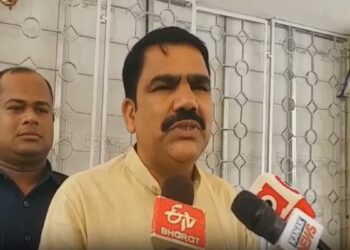Odisha has reported 38 cases as of Friday (June 6) from a total of 755 samples tested, leading the state administration to increase preventive and containment efforts. Nine of the sick people have already recovered, and the remaining patients are in home isolation and are said to be in stable condition.
In light of the changing national scenario, the Union Ministry of Health and Family Welfare convened a virtual review meeting on June 3 chaired by Dr. Sunita Sharma, Director General of Health Services (DGHS). The meeting was attended by representatives from state health agencies, ICMR institutions, surveillance units, and NCDC officials. Odisha officials participated in the session to assess preparedness measures and align with the central directives.
The review comes as India, as of June 4, has reported 4,302 active COVID-19 cases, marking an increase of 864 cases in just 24 hours. Although the majority of new infections are mild and manageable at home, 44 deaths have been reported nationally since January 1, 2025—most among individuals with underlying health conditions.
To improve healthcare readiness, the federal government has directed all states to ensure the provision of oxygen, isolation beds, ventilators, and critical medications. Odisha has already conducted mock exercises to check the performance of oxygen infrastructure, such as PSA plants and LMO tanks, while facility-level preparation drills were held on June 4 and 5.
Surveillance activities are also ramping up, with state and district-level IDSP units actively monitoring instances of Influenza Like Illness (ILI) and Severe Acute Respiratory Illness (SARI). According to national recommendations, all hospitalized SARI cases and 5% of ILI cases are tested for COVID-19. Positive samples are then sent for genome sequencing via the ICMR-VRDL network to monitor potential variant activity.
The public has been asked to take normal precautions such as hand cleanliness, cough etiquette, and to avoid crowded situations, especially if they are suffering respiratory symptoms. People with acute respiratory infection should self-monitor their condition and seek medical assistance if it worsens.
The Odisha government emphasized its commitment to protecting public health and carrying out all essential actions in collaboration with national health agencies.







 Finance
Finance







